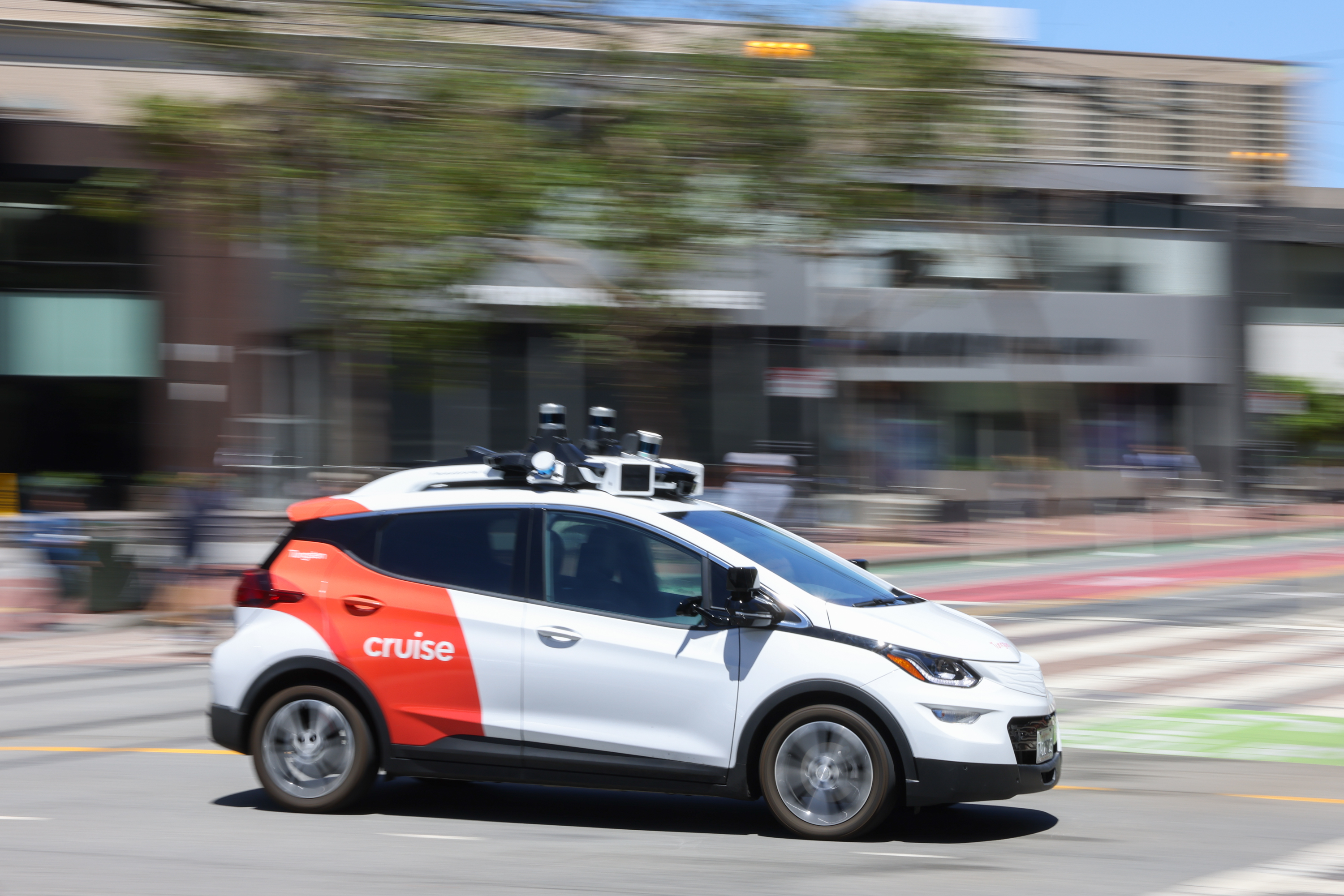General Motors, the parent company of troubled self-driving car firm Cruise, is suing San Francisco, saying the city improperly overcharged the company more than $100 million over seven years by miscalculating its tax bill.
In the complaint filed Friday in California Superior Court—which is an amendment to a lawsuit filed against the city in 2021—GM said it was seeking a refund of nearly $108 million in taxes plus some $13 million in interest and penalties between 2016 and 2022.
The Detroit automaker contended that San Francisco-based Cruise is run separately from GM. The automaker had average annual gross receipts of approximately $148 billion over the seven-year period at issue, said the company in the lawsuit. But its core automotive business does not employ anyone in San Francisco, has no manufacturing plants there and only sold $677,000 worth of goods in the city in 2022.
“Cruise’s technology and autonomous vehicle rideshare with goods delivery business is fundamentally different from GM’s business,” which is making and selling cars, said the company in the complaint.
GM added to its demands from the original 2021 suit, in which company sought a refund of back taxes plus penalties and interest going back to 2016.
The funds would amount to only a small portion of GM’s reported $156.7 billion in sales in 2022.
Using Cruise’s payroll to calculate GM’s liabilities resulted in a tax bill based on gross receipts that were “tens of thousands of times greater than if Cruise’s payroll were not included in GM’s payroll factor,” argued the complaint, which was first reported by Bloomberg.
Just months ago, Cruise was riding high after California regulators gave it the go-ahead to offer driverless robotaxi rides throughout San Francisco 24 hours a day, seven days a week. And the company was looking to expand to other cities.
However, GM has since slowed the expansion of its self-driving cars unit and slashed spending after safety concerns forced it to sharply curtail operations.
In November, General Motors CEO Mary Barra wrote in a letter to shareholders that the company was “addressing challenges” at Cruise, in part by “substantially lower spending” in 2024.
Barra emphasized the importance of revitalizing connections with regulators and first responders while highlighting the company’s continuous commitment to safety through ongoing safety and incident reviews.
Earlier this month, nine executives at Cruise left the company amid an ongoing investigation into the company’s handling of a San Francisco incident in October where a woman was hit by a human driver and thrown into the path of a Cruise robotaxi, which dragged her under the car.
Cruise was planning to roll out in three other cities but has now narrowed its focus as it works to improve the driverless fleet it had been testing in San Francisco.
Read More: Cruise To ‘Substantially Lower Spending’ Following San Francisco Crash, GM Tells Shareholders
Additionally, General Motors implemented a restructuring plan, resulting in a 24% reduction in Cruise’s workforce, with around 900 employees being laid off.
The incident prompted California’s Department of Motor Vehicles to suspend Cruise’s driverless permits.
News of the legal filing comes on the heels of Mayor London Breed asking for city departments to plan for budget cuts of 10% in the upcoming fiscal year to help close a colossal $800 million deficit. The city is expecting a shortfall of $245 million in the upcoming fiscal year, which ends in 2025, followed by $554 million the following year.
GM said in the suit that under California law, taxes must “fairly reflect” the proportion of business operations that go on in a city, and that it was “inherently distortive” to charge the company steep tax based on Cruise’s payroll when many of its employees worked remotely.
When GM first invested in Cruise in 2016, the startup had approximately 40 employees. By the end of 2022, Cruise employed more than 3,000 people in the city, about 65% of whom were engineers.
